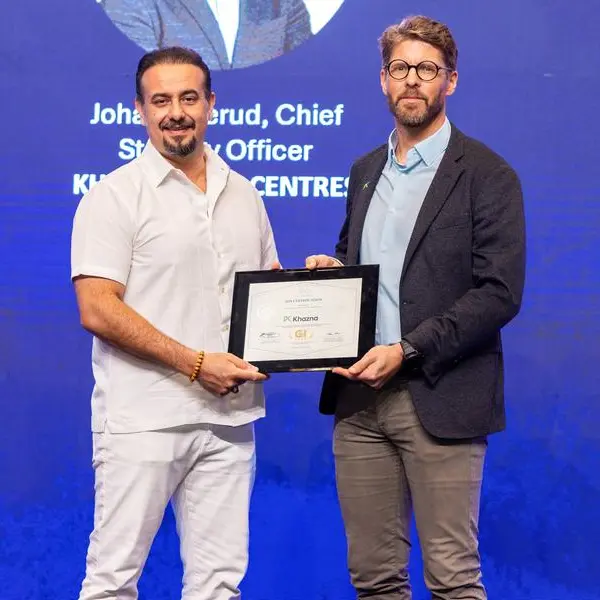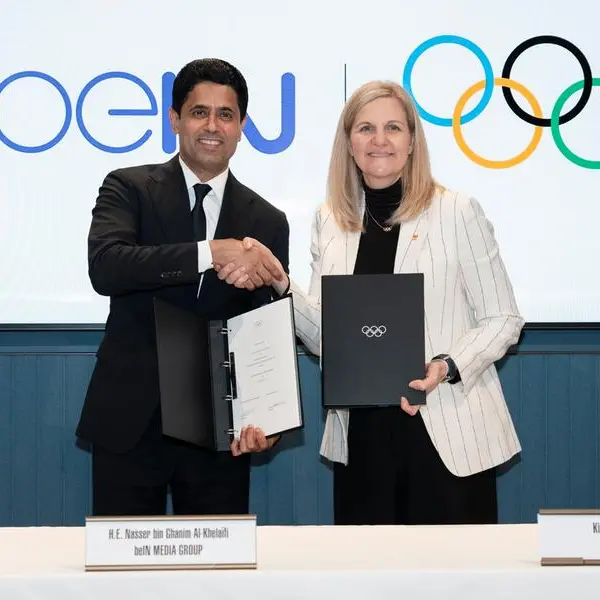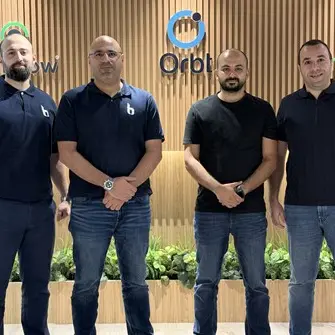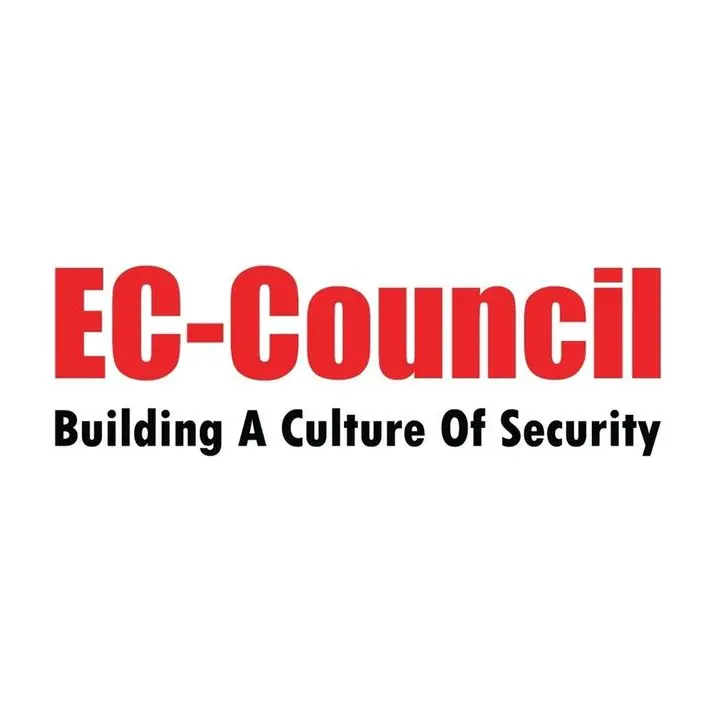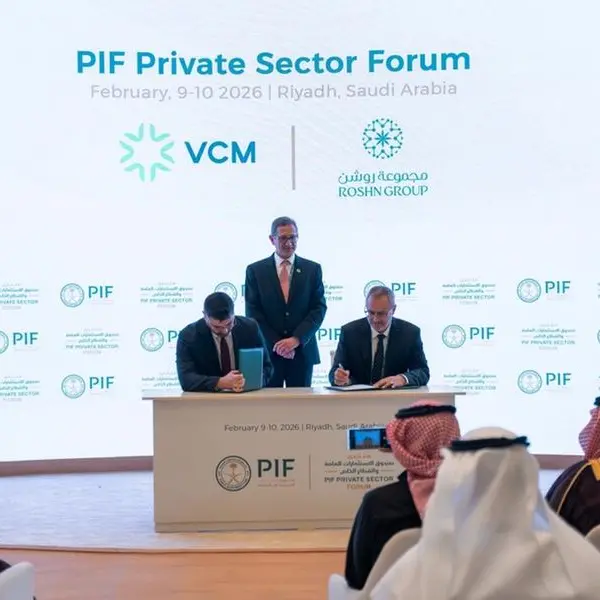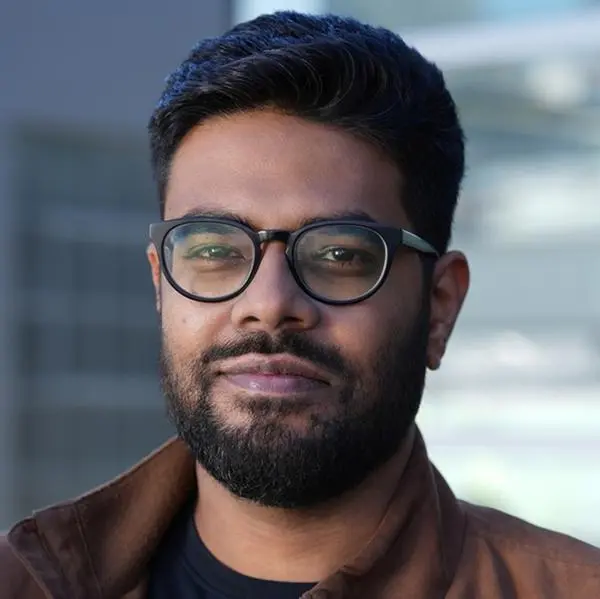Doha: The impact of literacy on the health and wellbeing of individuals and the public as a whole was discussed at Weill Cornell Medicine-Qatar’s Grand Rounds.
Ms. Jamie Gray, associate librarian and director of the Distributed eLibrary at WCM-Q, explained what is understood by the term ‘health literacy’ and discussed how literacy in information and science can intersect with health literacy affecting personal health choices and therefore health and wellbeing. Ms. Gray also examined the influence of social determinants on information, science, and health literacy, and summarized a variety of strategies for enhancing domain literacies at the level of the individual and of the population, with a view to improving health outcomes.
The presentation, titled Why Literacy Matters: How Information, Science, and Health Literacy Impact Individuals and Public Health, was broadcast as a live webinar.
Ms. Gray said: “Being able to engage with our health requires a certain level of literacy specialized to the health domain. When we talk about someone being health literate, it means that they have a certain level of understanding and participation in the promotion of their wellbeing. So, health literacy is a collection of knowledge, skills and actions that individuals and communities must undertake to ensure a community’s and person’s overall wellbeing.”
Ms. Gray explained that the unusual circumstances of the COVID-19 pandemic had revealed much about how various literacies connect and their impact. “In the case of COVID-19, we were living in this really unprecedented experience of witnessing both the scientific discovery process happening in real time, and its very tangible impacts on how we needed to conduct ourselves in everyday life,” she said. “We can see how a gap in both the understanding and communication of the scientific process, coupled with deep politicization and fears about the economy over much of the United States, can translate into mistrust of official health messages and refusal to comply with public health measures like masking.” Ms. Gray noted that numerous studies have shown literacy regarding scientific concepts and processes empowers individuals to make informed personal decisions, participate in civic and cultural life, and facilitate economic activity. Without scientific and information literacy, individuals can have difficulty assessing whether a piece of science is reliable, trustworthy, or appropriate for their use. In some circumstances, an anti-science mindset can become a part of a shared identity, she added.
Ms. Gray highlighted research in Qatar from 2016 by authors from WCM-Q who found that more than 70 percent of people in a study reported searching for health information online, and 37 percent reported that they also rely on friends and family for health information. As such, the accuracy and quality of the information available and the ability of individuals to evaluate the information is likely to have a profound impact on the community, as it can be very readily distributed among multigenerational family members and social groupings. In conclusion, Ms. Gray advocated for healthcare and social policies and practices that promote health and scientific literacy and which build infrastructure that supports the distribution of reliable and accessible health information.
The lecture was accredited locally by the Ministry of Public Health’s Department of Healthcare Professions – Accreditation Section and internationally by the Accreditation Council for Continuing Medical Education (ACCME).
-Ends-
About Weill Cornell Medicine - Qatar
Weill Cornell Medicine - Qatar is a partnership between Cornell University and Qatar Foundation. It offers a comprehensive six-year medical program leading to the Cornell University M.D. degree with teaching by Cornell and Weill Cornell faculty and by physicians at Hamad Medical Corporation (HMC), Aspetar Orthopedic and Sports Medicine Hospital, the Primary Health Care Corporation, the Feto Maternal Center, and Sidra Medicine, who hold Weill Cornell appointments. Through its biomedical research program, WCM-Q is building a sustainable research community in Qatar while advancing basic science and clinical research. Through its medical college, WCM-Q seeks to provide the finest education possible for medical students, to improve health care both now and for future generations, and to provide high quality health care to the Qatari population.
For more info, please contact:
Hanan Lakkis
Associate Director, Media and Publications
Weill Cornell Medicine - Qatar
hyl2004@qatar-med.cornell.edu
